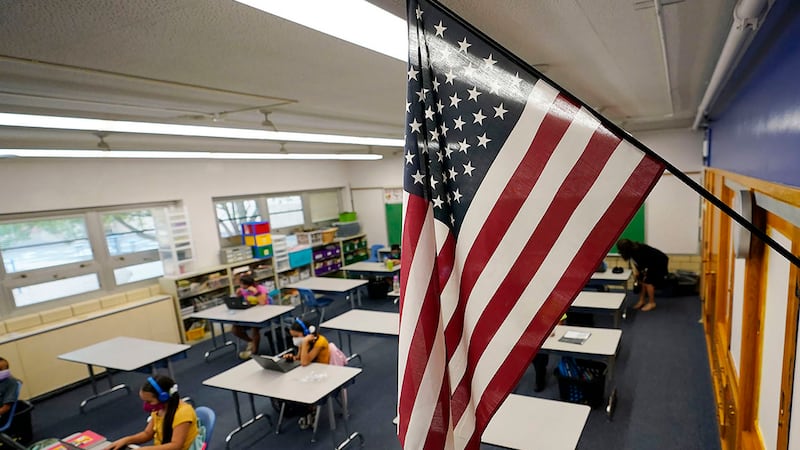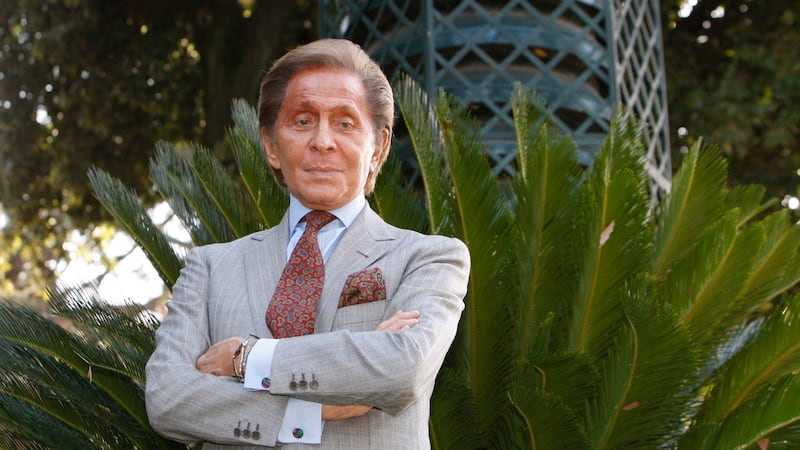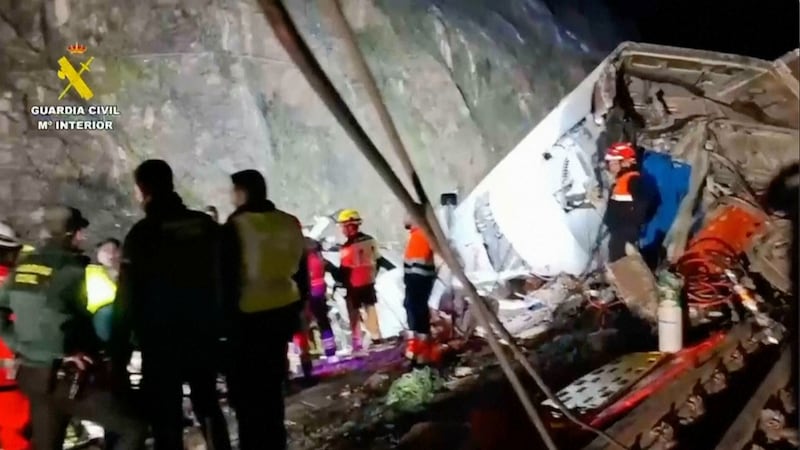History of Día de los Muertos
History of Dia de los Muertos
By Jonathan Sosa
Dia de los Muertos, also known as the Day of the Dead, is a traditional Mexican holiday celebrated on November 1st and 2nd. The roots of this holiday can be traced back thousands of years to indigenous cultures such as the Aztecs and the Mayans. Dia de los Muertos is a time to honor and remember loved ones who have passed away, allowing their spirits to reconnect with the living.
Before the arrival of Spanish conquistadors, ancient Mesoamerican civilizations had long held rituals to honor the dead. These rituals were based on the belief that death was not the end, but rather a continuation of life in another form. The Aztecs, for instance, believed that deceased souls would return to Earth during the month of August and again in November. This belief in the afterlife and the importance of honoring the departed souls have influenced the traditions that make up Dia de los Muertos.
When the Spanish colonized Mexico in the 16th century, they brought with them Catholicism, which merged with the indigenous practices to create the modern celebration of Dia de los Muertos. The Spaniards moved the celebrations to coincide with All Saints’ Day and All Souls’ Day in the Catholic calendar, which take place on November 1st and 2nd. Over time, the holiday developed unique characteristics, including the building of elaborate altars, the creation of sugar skulls and “pan de muerto” (bread of the dead), and the making of colorful paper decorations called “papel picado.”
Today, Dia de los Muertos is celebrated throughout many Latin countries and by people of Latino heritage around the world. It is a vibrant and joyful holiday that embraces the cycle of life and death. Families gather at cemeteries to clean and decorate graves with flowers, candles, and personal mementos. They believe that by doing so, they can ensure that their loved ones’ spirits are not forgotten and that they will be guided back to the world of the living for a brief reunion. Dia de los Muertos is a rich and meaningful celebration that has deep historical and cultural significance in Latino society.
Historia del Día de los Muertos
Por Jonathan Sosa.
El Día de los Muertos, es una festividad tradicional mexicana que se celebra el 1 y 2 de noviembre. Las raíces de esta festividad se remontan a miles de años atrás, en culturas indígenas como los aztecas y los mayas. El Día de los Muertos es un momento para honrar y recordar a los seres queridos que fallecieron, permitiendo que sus espíritus se reconecten con los vivos.
Antes de la llegada de los conquistadores españoles, las antiguas civilizaciones mesoamericanas habían celebrado durante mucho tiempo rituales para honrar a los muertos. Estos rituales se basaban en la creencia de que la muerte no era el fin, sino una continuación de la vida en otra forma. Los aztecas, por ejemplo, creían que las almas de los difuntos regresarían a la Tierra durante el mes de agosto y nuevamente en noviembre. Esta creencia en la otra vida y la importancia de honrar a las almas de los difuntos han influido en las tradiciones que conforman el Día de los Muertos.
Cuando los españoles colonizaron México en el siglo XVI, trajeron consigo el catolicismo, que se fusionó con las prácticas indígenas para crear la celebración moderna del Día de los Muertos. Los españoles transladaron las celebraciones para que coincidieran con el Día de Todos los Santos y el Día de Todos los Difuntos en el calendario católico, que tienen lugar los días 1 y 2 de noviembre. Con el tiempo, la festividad desarrolló características únicas, incluida la construcción de altares elaborados, la creación de calaveras de azúcar y “pan de muerto” y la elaboración de coloridas decoraciones de papel llamadas “papel picado”.
Hoy en día, el Día de los Muertos se celebra en muchos países latinos y por personas de herencia latina en todo el mundo. Es una festividad vibrante y alegre que abarca el ciclo de la vida y la muerte. Las familias se reúnen en los cementerios para limpiar y decorar las tumbas con flores, velas y recuerdos personales. Creen que al hacerlo, pueden asegurarse de que los espíritus de sus seres queridos no sean olvidados y que serán guiados de regreso al mundo de los vivos para una breve reunión. El Día de los Muertos es una celebración rica y significativa que tiene un profundo significado histórico y cultural en la sociedad latina.
Copyright 2023 Telemundo Waco. Todos los derechos reservados.









